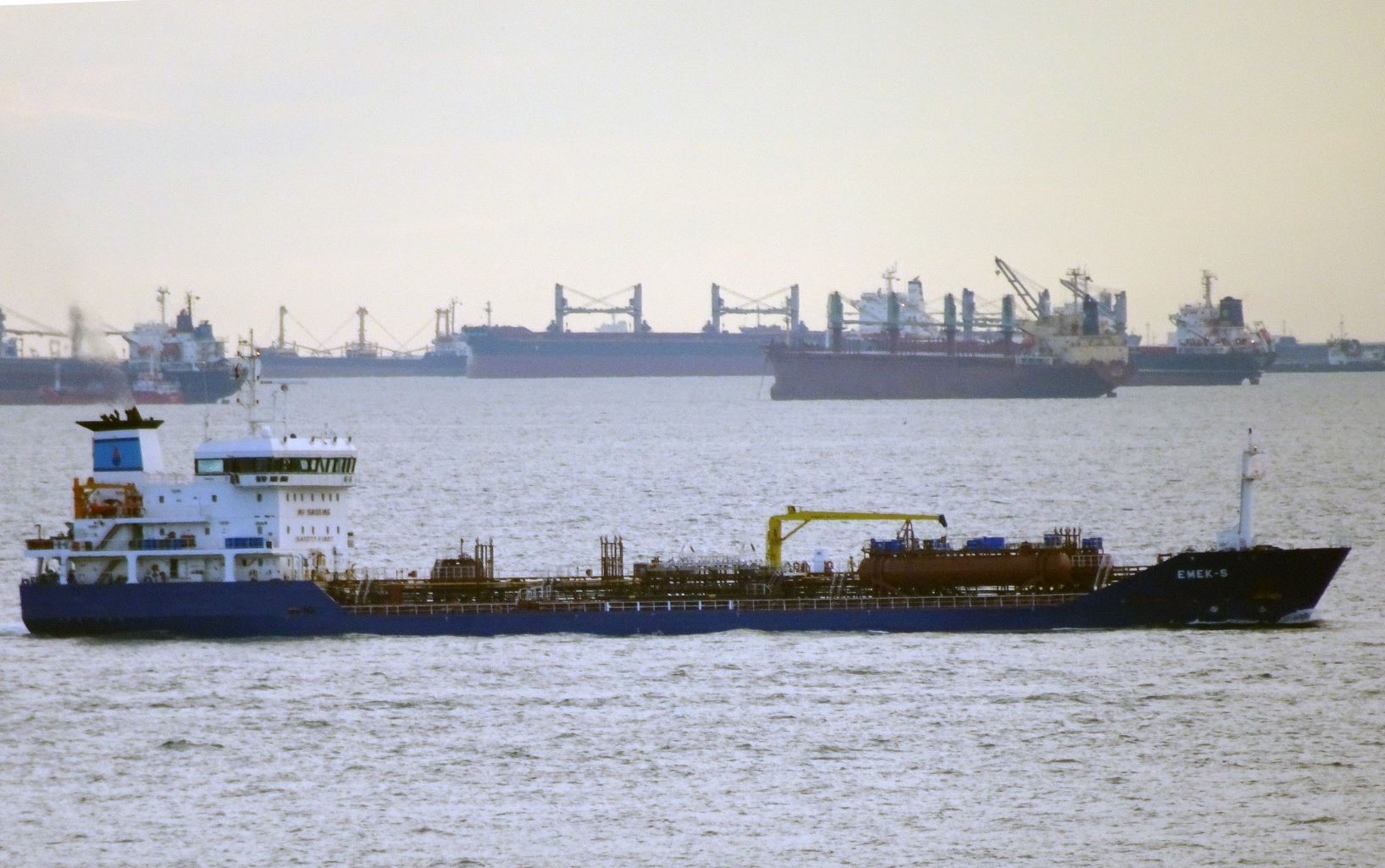Higher insurance premiums could put upward pressure on prices for American Petroleum Institute Group II and III base stocks from the Middle East Gulf after last weeks decision by Londons marine insurance market to widen the list of areas in and around the Gulf that it says pose perceived enhanced risk for marine insurers.
The move follows attacks on ships flagged Saudi Arabia, United Arab Emirates and Norway, which all suspect Iran acts of sabotage against the four vessels that were at anchor off the U.A.E. coast. Iran denies responsibility for the attacks.
Last week also saw drone attacks by Yemeni Houthi rebels, aligned with Iran, which struck pumping stations on Saudi Aramcos East-West oil pipeline.
Analysts say the dramatic rise in tensions could also prompt customers, particularly in Asia, to reassess the reliability of base oil shipments from the region.
The Joint War Committee, which includes representatives of Lloyds of London and the International Underwriters Association, added the Gulf of Oman and waters around the U.A.E to the list. Meanwhile, it also said Saudi Arabias risk areas were expanded to include its coastal zones.
The prospect of disruption to base oil shipments has increased amid a tense standoff between the United States and Iran. Global oil prices rose by around 1 percent in the immediate aftermath of the attacks.
U.S. President Donald Trump is seeking to completely shut down exports of Iranian crude and, by consequence, shipments of Group I base stocks from the Islamic Republic. Refiners in Saudi Arabia and the U.A.E. have invested heavily in new Group II and III capacity, quickly establishing the region as a globally important base oils hub. But according to a trader in the U.A.E., Group I shipments from Iran are continuing. Still, Iranian Group I prices have fallen significantly in the last few months amid concerns about quality.
Traders are still purchasing, [but at a] discount and have their own way of taking cargo out. Since risk increased and shipment is a major issue, the discount [has] increased, the trader said who asked not to be named.
Earlier this month, Trump refused to renew sanction waivers granted to eight countries – including major Iranian base oil importers China, India and South Korea – to continue imports from Iran.
Engaged in its own trade dispute with the United States, China has pushed back against U.S. sanctions and has reportedly restarted crude imports from Iran, a move which may embolden other major customers, such as India, to mirror Chinas decision. India is a longstanding buyer of Iranian Group I base oils, but any decision to break from U.S. policy might be some way off.
This is an election time in India, [and] in the following weeks we will know who will form the government – in my view, India will not be in a position to take any decision during this time, said Shailendra Gokhale, managing partner of Mumbai-based Rosefield DAA International Consultancy.
Indias energy relationship with Iran is complex. Last year, Indias government took over operations of the Iranian deep sea port of Chabahar, in southeastern Iran, on the Gulf of Oman. It is the only Iranian port not subject to U.S. sanctions and is a gateway linking an overland trade corridor through Iran to Afghanistan. At approximately 300 kilometers to the east of the strategic Strait of Hormuz, it is also the only Iranian port with direct access to the Indian Ocean. The port will likely see increased activity as Iran seeks new channels to maintain exports.
Photo courtesy of Adrian Brown

Meanwhile, the dual impact of U.S. sanctions and lifting of waivers has hit base oil and finished lubricant traders in the U.A.E. hard. Its role as a re-export hub has been weakened as pressure from sanctions has all but halted ship-to-ship transfers of Iranian base stocks. In the 2017-2018 fiscal year, Iran exported 379,716 metric tons of Group I base oils to the U.A.E., according to a presentation by Farzad Zandi, commercial director of Irans Sepahan Oil Co., at last Augusts Base Oil, Lubricant and Wax Conference in Mumbai.
In the run-up to the expiry of waivers, customers chose to bypass the U.A.E. and make base oil purchases directly lured by Iranian refiners offers of steep discounts to drive exports. But the subsequent sharp reversal in business sentiment caused many traders in the U.A.E. to close down and prompted banks to cut or end crucial credit lines. According to local traders, a spike in delayed payments to creditors has occurred.
Markets are nervous that any further escalation in tensions could trigger a physical blockade of the Strait of Hormuz. Irans President Hassan Rouhani previously said Iran will not allow any oil exports from the Middle East Gulf, in the event its own exports are halted.
